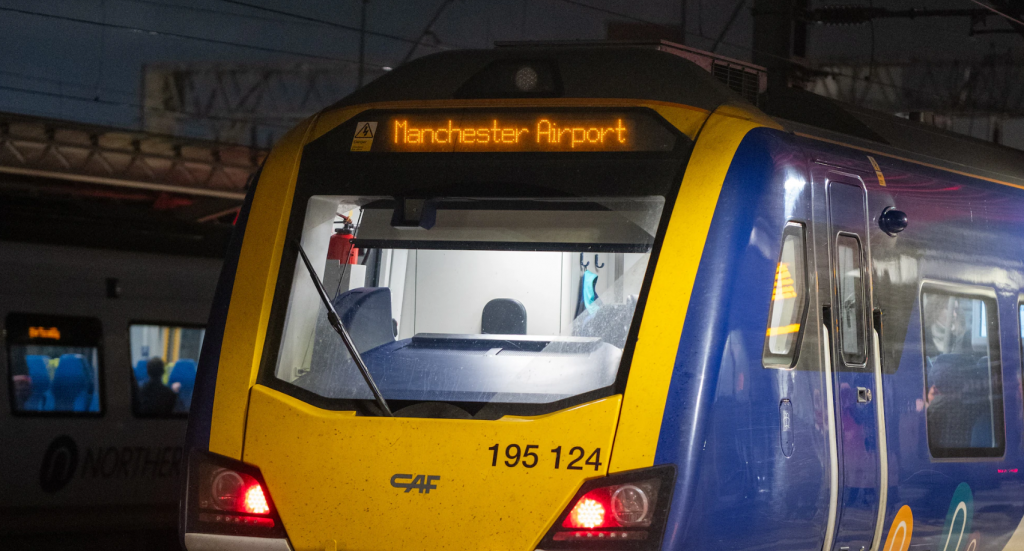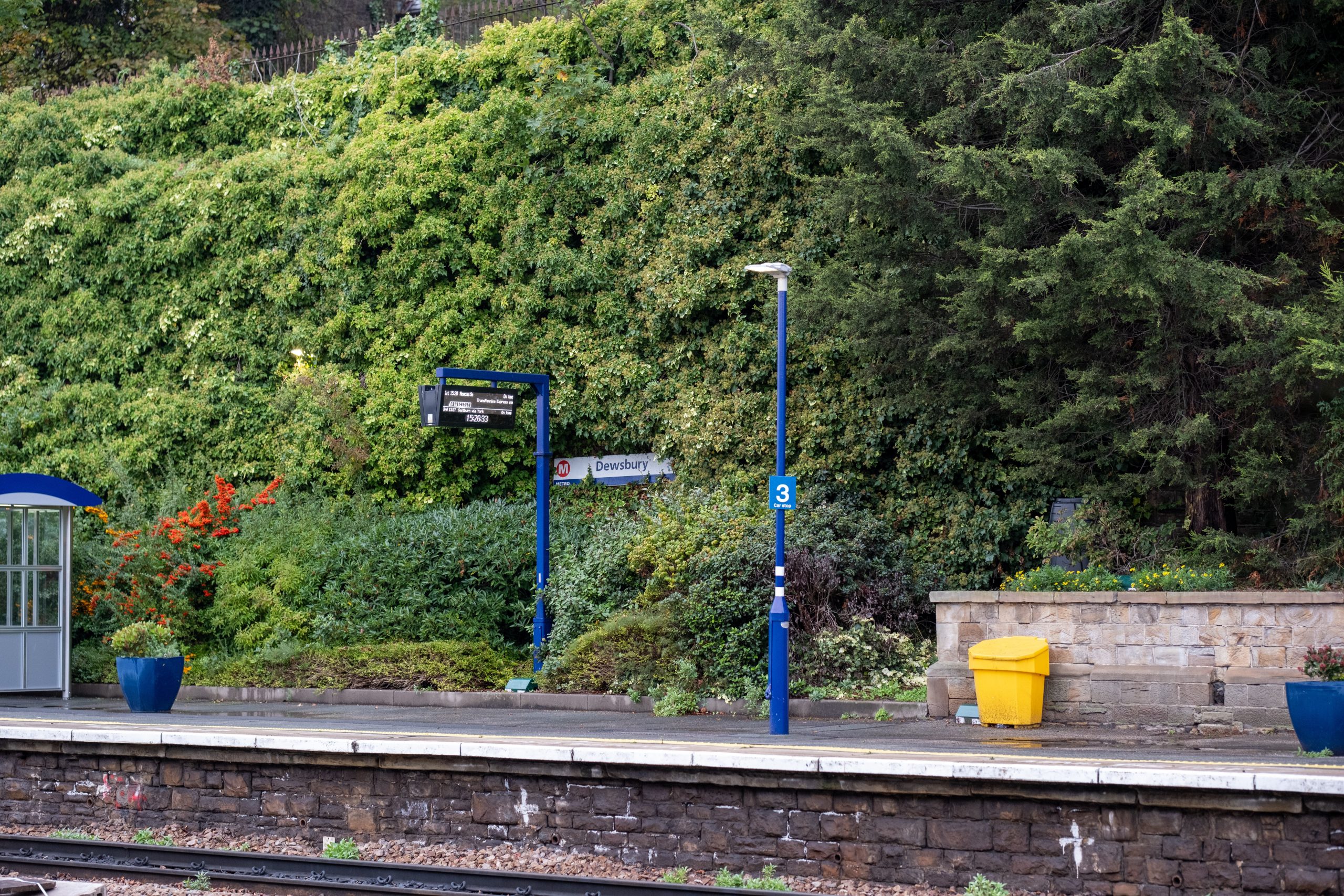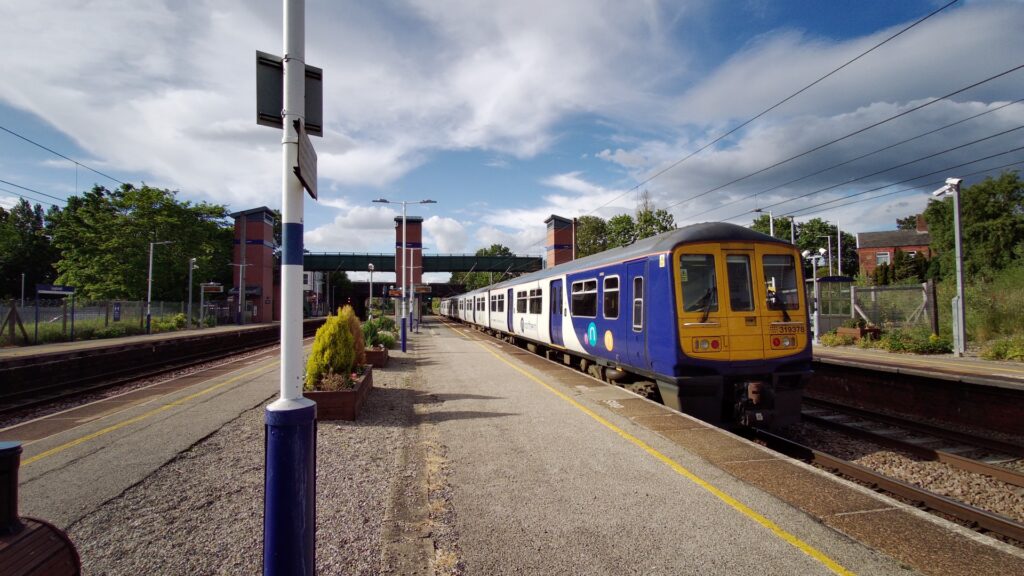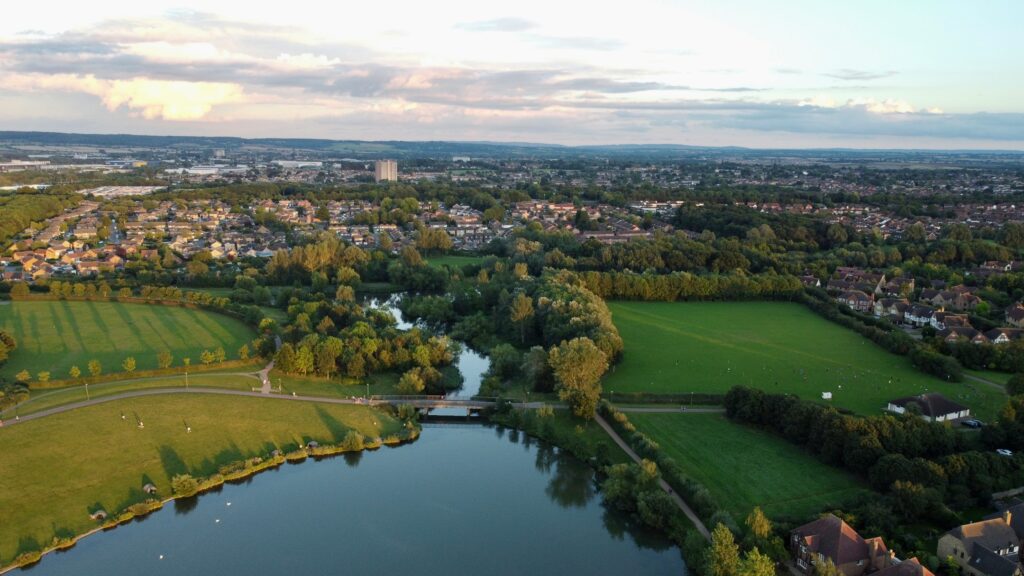The UK is currently facing a cost of living crisis, with soaring energy prices, rising inflation, and increasing costs for essential goods and services. This has had a significant impact on many households, making it difficult to make ends meet. As a result, many people are looking for ways to cut back on their spending, and one area where this is happening is public transport.
One of the key factors driving up the cost of public transport is the rising price of fuel. This is particularly true for buses, as many operators are reliant on diesel fuel. However, the Government are currently subsidising bus fares so no single fare is over £2. Therefore, this is not a concern for us.
Inflation is also playing a role in driving up public transport fares. Rail fares in England are regulated by the government, and these fares are typically increased in line with inflation. In July 2023, the government announced that rail fares in England will rise by below 9% in 2024. This is lower than the current rate of inflation, but it is still a significant increase for many passengers.
The rising cost of public transport is a complex issue with no easy solutions. On the one hand, transport operators need to raise fares in order to cover their costs. On the other hand, passengers are facing increasing financial pressure and are making difficult choices about how to spend their money.
It is important to find a balanced approach that addresses the needs of both transport operators and passengers. This may involve government subsidies and fare caps, as have been introduced on the bus network in England, or other measures to make public transport more affordable.

The government needs to work with transport operators and passenger groups to develop a long-term plan for public transport that is sustainable, affordable, and accessible to all. This will require a significant investment in public transport infrastructure and services, as well as a commitment to providing affordable fares.
In the meantime, passengers can consider ways to save money on public transport, such as using monthly or annual passes, taking advantage of student discounts, or planning their journeys in advance to avoid peak fares.
The cost of living crisis is having a significant impact on public transport. As fuel prices and inflation continue to rise, so do the costs of bus and train fares. This is making it difficult for many people to afford to use public transport, and is leading to a decline in ridership.
The government needs to take action to address this issue by investing in public transport infrastructure and services, and by providing affordable fares. This will help to ensure that public transport remains a viable option for everyone.
Read some of our other blog posts



